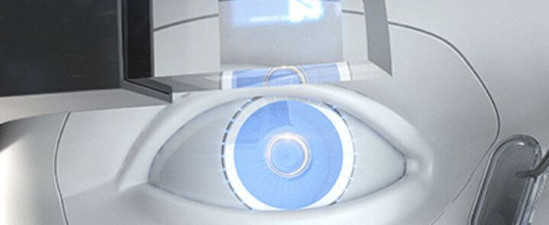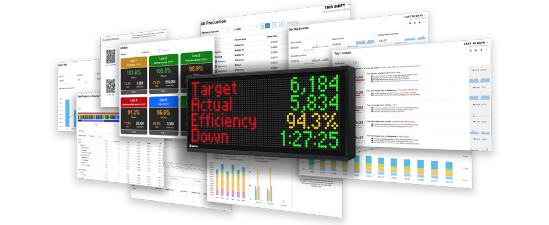Industry 4.0: Manufacturing Executing Systems
Date Published: 19-02-2019
Industry 4.0 is set to lead the way of digitization of manufacturing processes. Manufacturing Executing Systems (MES) are a critical component of Industry 4.0 as it acts as an enabler to achieve digitization from end-to-end.
What is MES?
Manufacturing Executing Systems is an information system that connects, monitors and controls complex manufacturing systems and data focus on the factory floor. MES helps achieve that by tracking and gathering accurate, real-time data about the production lifecycle. The real-time data which is collected is about product genealogy, performance, traceability, material management, WIP and other plant activities. The importance of the MES lies within its functionality layer as it serves as a layer between the Enterprise Resource Planning (ERP) and the process control systems on the factory floor giving manufacturers real-time workflow visibility and insight into how best to improve enterprise-wide manufacturing operations.
Manufacturing Executing Systems is an information system that connects, monitors and controls complex manufacturing systems and data focus on the factory floor.
How Industry 4.0 influences MES
Industry 4.0 dictates the end of traditional centralized applications for production control. Industry 4.0’s vision of ecosystems of smart factories with intelligent and autonomous shop-floor entities are inherently decentralized. A new environment is created due to customer demands for tailor-made products. These plants are fueled by technology enablers such as 3D printing, Internet of Things (IoT), Cloud Computing, mobile devices and Big Data. Future manufacturing systems, including MES will have to be built to support this paradigm shift.
Characteristics of MES for Industry 4.0
Below the main characteristics of MES needed to support Industry 4.0 effectively:
Decentralization
Context resolution for unique productsUser configured manufacturing scenarios
Service orientated: unoccupied materials and equipment
Vertical Integration
Services exposed for orchestrationModules use services that a CPS can consume
Equipment and control integration
Plat status aggregated for other systems
Horizontal Integration
View of material position and statusService-orientated alerts of availability
Brand integrated MES functions
Connectivity, Sensing & Mobile
Lightweight IIoT integrationHandling of sensor, location, detailed CPS and CPPS data
CPS location data interactive maps
Mobile apps for equipment operation
Cloud Computing & Advanced Analytics
Real-time production analyticsOperational data store with IIoT sources integrated
Data warehouse with pre-built cubes
Roadmap to handle big data structures
A critical enabler for Industry 4.0 is MES. Organizations must ensure that they have the core set of production applications in place and integrated both horizontally across the supply chain and vertically for organizations. Decentralization, vertical integration, horizontal integration, connectivity, sensing, mobile, cloud computing and advanced analytics are important for future viability and expansion into new models for an organization which includes smart products, services, supply chains and manufacturing.



